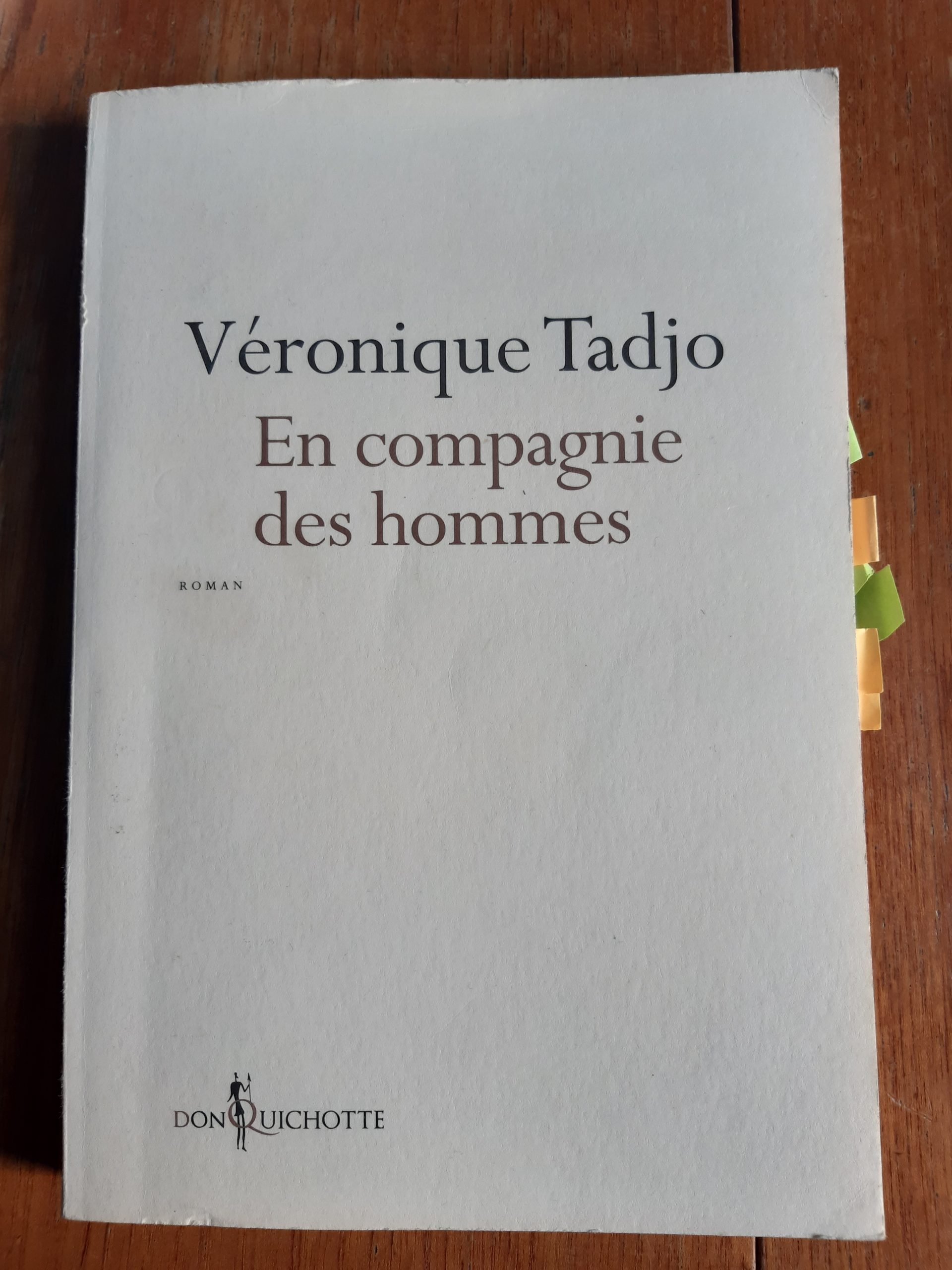My research broadly focuses on experiences of crisis and disaster in the French-speaking world and their representation in textual form. Within my project, ‘Postcolonial Resilience?’, this research focuses on a number of extreme events since 1980 in order to explore how people’s responses to them are inscribed textually.
The first of these key moments that I explore is the Ebola epidemic which spread through Guinea, Sierra Leone and Liberia in 2014. That epidemic led to 11,000 deaths and more than 28,000 people infected. A number of writers published autobiographical texts following that epidemic, notably several medics whose accounts I hope to write about down the line. In turn, two francophone authors published novels about Ebola : Paule Constant Des chauve-souris, des singes et des hommes (2016) and Véronique Tadjo En compagnie des hommes (2017).


As I studied these texts for literary articulations of ‘resilience’, two themes came to the fore: first, the way the Ebola crisis affected people already living in the aftermath of other crises, and second, the spatial and temporal ‘spillover’ of ruination, its widespread and long-term nature and its unstoppability. As these two francophone texts on Ebola spotlight ruin they highlight the limitations of a discourse of resilience which assumes a linearity of time where a crisis is followed by a ‘bounce back’ to some kind of universal status quo.
Following Ann Stoler’s call in Imperial Debris I argue that the texts shift attention away from concrete, privileged sites of reflection to show the spread of the epidemic as part of the ongoing processes of ruination and decay sustained by what Stoler terms ‘imperial formations’. The two novels detail the ongoing consequences of the epidemic and echo stories of earlier, ongoing sufferings, situating the experience of Ebola in the region’s broader history. From a postcolonial perspective, this is a crucial element of understanding ‘resilience’ or ‘débrouillardise’ as much more than reaction to a temporary instability. As one of Tadjo’s narrators points out: ‘Oui, l’épidémie est terminée. Et cependant nous vivons toujours dans les griffes d’Ebola.’ (2017: 117).
Ebola is as particularly sharp example of irretrievable disaster: and because of its immediate threat of contamination and threat to life, around it we see the epitome of the kind of disaster rhetoric that proliferates in media discourse. This discourse centres on notions of emergency, containment and fear. I gave a keynote lecture at Queen’s University Belfast on the ways that testimony can work – slowly – to counter this kind of language and can in turn bear witness to the slow workings of imperialism.
My research on these Ebola novels is forthcoming in a book chapter titled ‘Spillover: Writing ruin in the wake of Ebola’ in Poétiques et politiques du témoignage dans la fiction contemporaine, ed by Alain Ekorong and Armel Ngamaleu (Brussels: Peter Lang).